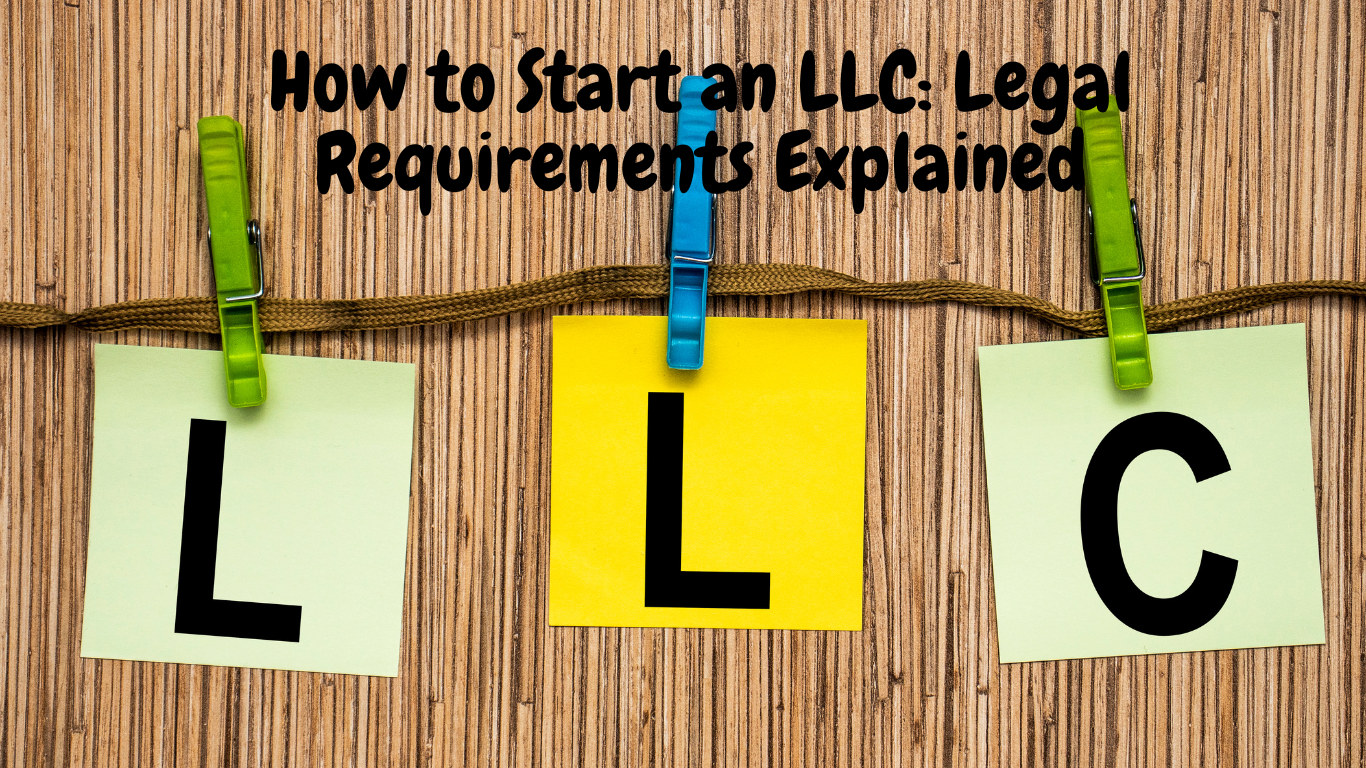Hiring an attorney is one of the most critical decisions you may need to make in life, whether you are dealing with a legal dispute, facing criminal charges, navigating a divorce, or handling business-related legal matters. An attorney’s expertise, experience, and approach can significantly impact the outcome of your case. However, with thousands of lawyers available, how do you determine which one is the right fit for you?
This comprehensive guide will walk you through every step of the process, from identifying your legal needs to evaluating potential attorneys and making an informed decision.
1. Identify Your Legal Needs
The first step in choosing the right attorney is to understand exactly what kind of legal assistance you require. Law is a vast field, and most attorneys specialize in specific practice areas. Here are some common legal categories:
a. Personal Injury Law
If you’ve been injured due to someone else’s negligence—whether in a car accident, medical malpractice, or workplace incident—you’ll need a personal injury lawyer. These attorneys typically work on a contingency fee basis, meaning they only get paid if you win your case.
b. Family Law
If your legal issue involves marriage, divorce, child custody, child support, adoption, or domestic violence, a family law attorney is the right choice. Family law cases can be emotionally charged, so finding an attorney who understands your needs and handles cases with sensitivity is crucial.
c. Criminal Defense
Facing criminal charges? A criminal defense attorney will represent you in court, whether you’ve been accused of DUI, theft, drug offenses, assault, or more serious crimes. The right attorney can mean the difference between acquittal, reduced charges, or severe penalties.
d. Business and Corporate Law
Business owners may need a corporate attorney for contract negotiations, business formation, intellectual property issues, mergers, acquisitions, and employment disputes.
e. Real Estate Law
Real estate attorneys handle property-related issues, including buying/selling property, landlord-tenant disputes, zoning laws, and foreclosures.
f. Immigration Law
If you need assistance with visas, green cards, citizenship, asylum applications, or deportation defense, an immigration attorney is essential.
g. Estate Planning and Probate
For wills, trusts, power of attorney, and estate administration, you should consult an estate planning lawyer.
h. Employment and Labor Law
If you are facing workplace disputes, discrimination, wrongful termination, or wage-related issues, an employment lawyer can help.
Knowing the exact type of legal assistance you need will save you time and ensure you find an attorney who specializes in your particular issue.
2. Research Potential Attorneys
Once you determine the type of lawyer you need, the next step is to research potential candidates. Here’s how you can find attorneys:
a. Online Directories and Reviews
- Websites like Avvo, Martindale-Hubbell, FindLaw, and Justia provide detailed attorney profiles, reviews, and ratings.
- Google Reviews and Yelp also offer insight into client experiences.
b. Referrals from Friends and Family
Ask people you trust if they have worked with an attorney in the relevant field. Personal recommendations can often lead to finding a reliable lawyer.
c. State Bar Association Websites
Every state has a bar association that provides a directory of licensed attorneys. You can verify credentials, disciplinary records, and areas of expertise.
d. Legal Aid Services
If you cannot afford a private attorney, check with legal aid organizations that provide free or low-cost legal services.

3. Check Credentials and Experience
Not all lawyers are created equal. It’s essential to verify that the attorney you are considering is licensed, experienced, and in good standing with the state bar.
a. Verify Their License
Check the attorney’s bar association membership to ensure they are authorized to practice law in your state.
b. Look at Their Experience
- How long have they been practicing law?
- Do they specialize in cases like yours?
- Have they handled similar cases successfully?
c. Check Their Disciplinary Record
Some attorneys may have past complaints or disciplinary actions filed against them. This information is usually available through the state bar association’s website.
d. Recognitions and Awards
Attorneys who have received awards, peer reviews, or leadership roles in legal associations often indicate a high level of competence.
4. Schedule Initial Consultations
Most attorneys offer a free or low-cost initial consultation where you can discuss your case and determine if they are a good fit. Use this opportunity to assess their expertise and communication style.
5. Ask the Right Questions
During the consultation, ask specific questions to evaluate their capability:
- Have you handled cases like mine before? If so, what were the outcomes?
- What is your approach to handling my case? Do they prefer negotiation, settlement, or aggressive litigation?
- What are your fees, and how do you charge? Is it hourly, flat-fee, or contingency-based?
- Who will be handling my case? Will you work directly with the attorney or with a junior lawyer/paralegal?
6. Evaluate Their Communication Style
Your attorney should be easy to reach and willing to explain legal terms in a way you understand. Ask yourself:
✔️ Do they listen attentively?
✔️ Do they explain things clearly?
✔️ Do they respond to emails and calls in a timely manner?
If the attorney is difficult to reach or dismissive during the consultation, it may indicate future communication issues.
7. Review the Fee Structure
Legal fees vary significantly based on the attorney’s experience, case complexity, and location. Here are common fee structures:
- Hourly Rate: Common for litigation and legal counseling. Rates vary from $150 to $1,000 per hour.
- Flat Fee: Used for standard legal services like drafting wills, real estate transactions, or bankruptcy filings.
- Contingency Fee: Common in personal injury cases—lawyers take a percentage (often 30-40%) of your settlement or court award.
- Retainer Fee: A lump sum paid upfront for ongoing services.
Make sure there are no hidden costs, and get everything in writing.

8. Trust Your Instincts
Beyond qualifications and experience, trust your gut feeling. If something feels off, keep looking.
Signs of a good attorney:
✅ Confident but realistic about your case
✅ Listens and explains clearly
✅ Transparent about fees
✅ Professional and ethical
Signs of a bad attorney:
❌ Guarantees a specific outcome (which no lawyer can do)
❌ Pushes you to sign a contract too quickly
❌ Unresponsive or rude
9. Watch for Red Flags
Some attorneys may seem impressive at first but could be problematic later. Watch out for:
- Lack of Transparency: If they won’t discuss fees clearly, be cautious.
- High Caseload: If they seem too busy, your case may not get proper attention.
- Disciplinary Actions: Past complaints or ethical violations are major red flags.
10. Make Your Decision
After meeting with potential attorneys and considering all factors, choose the one who:
- Has experience in handling cases like yours
- Has good communication and makes you feel comfortable
- Offers a fair and transparent fee structure
- Has a proven track record of success
Once you’ve decided, carefully review the contract before signing. Make sure you understand the scope of services, fees, and expectations.
Final Thoughts
Choosing the right attorney can have a significant impact on your case’s outcome. By following this step-by-step guide—understanding your legal needs, researching attorneys, evaluating credentials, and ensuring clear communication—you can make an informed decision.
Don’t rush the process. Take your time to find a lawyer who is qualified, trustworthy, and dedicated to representing your best interests.
















